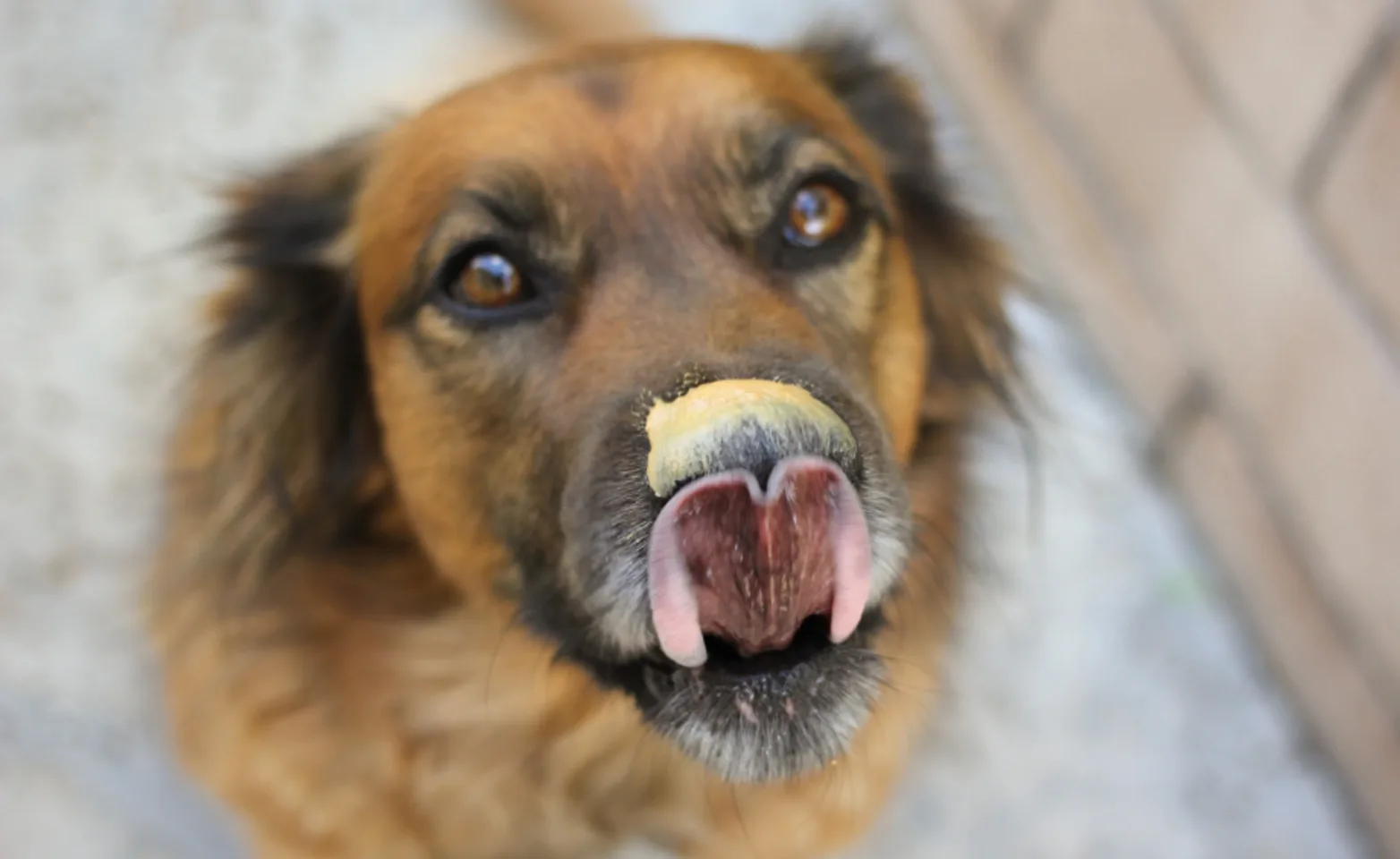Small Animal Veterinary Emergency and Specialty (SAVES)

Emergency
The team in our emergency department works with you and your regular veterinarian to provide the comprehensive care your pet needs. Our medical team of experienced emergency veterinarians and technicians have extensive training in a complete range of emergency and critical care services.
Your family veterinarian may refer you to an emergency or critical care doctor for diagnosis and ongoing support of many conditions, including, but not limited to:
Diagnostics
Radiography (X-Rays)
Ultrasound
POCUS (Point of Care Ultrasound) - In emergency veterinary medicine, a rapid ultrasound is performed to answer specific diagnostic questions and quickly identify life-threatening conditions and assess patient stability. Unlike a full diagnostic ultrasound that gives an in-depth analysis of each organ, POCUS targets specific areas of the body to quickly assess conditions like free fluid and pneumothorax in trauma cases and in patients experiencing life-threatening conditions.
If you are a veterinarian and you would like to transfer a patient or if you have any questions, please give us a call at (603) 306-0007 to discuss before transferring.

What to Do if You Suspect Your Pet Has Eaten Something Toxic:
POISON CONTROL CENTERS:
Gather any packaging or remains of anything that was eaten or suspected of being eaten! This step will help speed up the diagnosis. Please don’t be shy; if it was marijuana or any other embarrassing (or illicit) product, please be honest with our team; it will speed up diagnosis and treatment.
Emergency Services
Acute pain
Continuous EKG monitoring
Dystocia management (difficulty giving birth)
Full cardiopulmonary resuscitation (CPR)
Immune-related diseases
Infectious diseases
Kidney and liver disease
Neurologic problems
Peritonitis
Pneumonia and lung disease
Porcupine Quills
Severe pancreatitis
Severe gastrointestinal emergencies (bloat)
Sepsis management
Seizure management
Toxicosis or poisonings
Trauma
Trouble breathing
Trouble walking
Trouble urinating
Pet backpack or lunchbox (Place all the following items inside and remember to restock)
Phone Numbers (Your regular veterinarian, the closest emergency room, & Poison Control (888) 426-4435)
A spare leash
Self-cling bandage
Muzzle
Gauze pads
Gauze roll
Bandage tape
Ice pack
Cotton balls
Scissors
Saltine solution
Tweezers
Rectal thermometer
Disposable gloves
Blanket
Diphenhydramine (Benadryl, if approved by a veterinarian)
Styptic powder (Kwik stop)
Nail Clippers
Flashlight
Rubbing alcohol (To clean thermometer)
Your pet's paperwork (Rabies certificate and important medical records)
Remember to check your kit regularly for quantities and expired items





